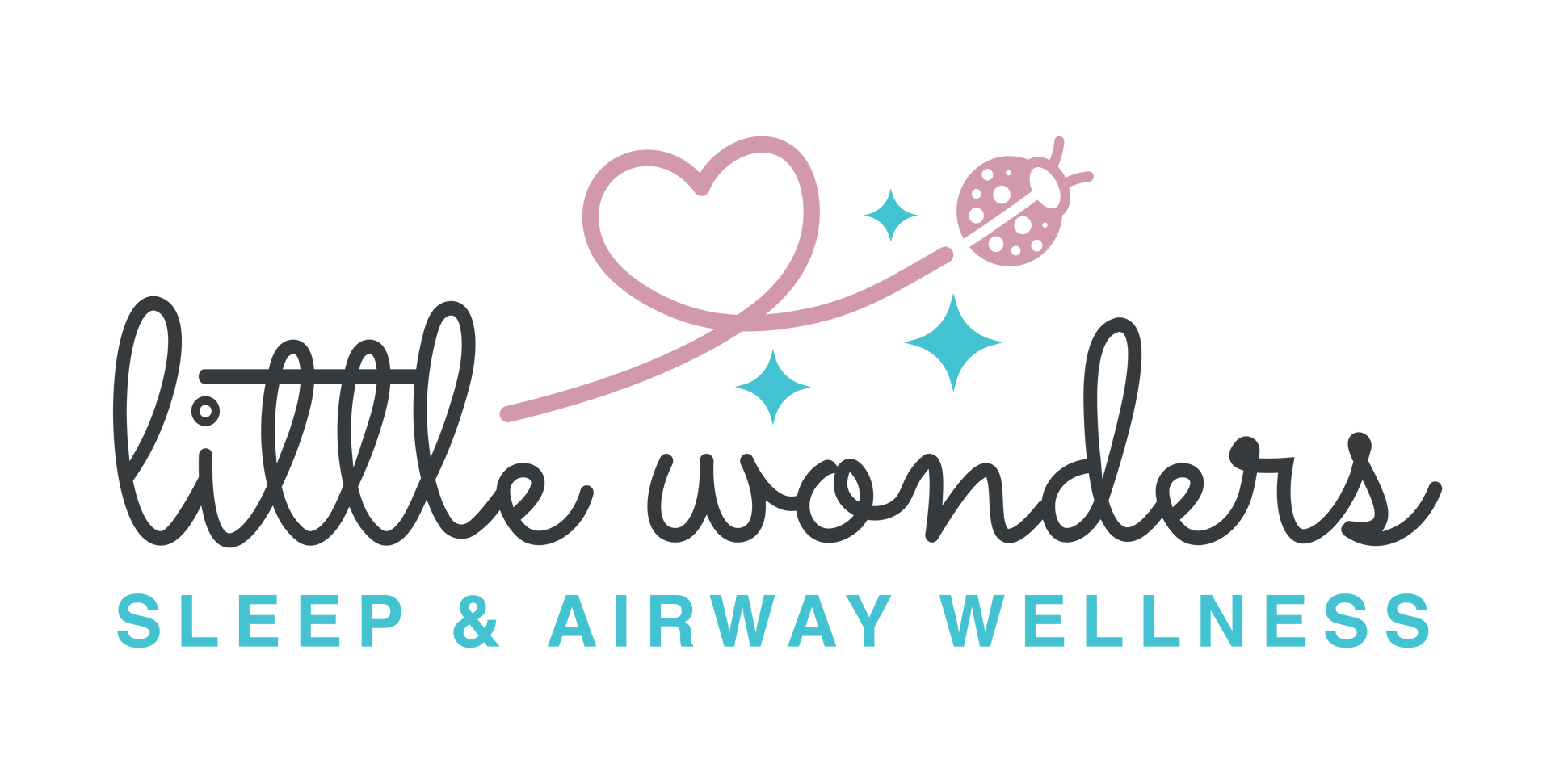What Parents Should Know About Baby Bottle Tooth Decay
It’s a common misconception that caring for your little one’s baby teeth isn’t as important because they’re going to eventually lose them anyway. I love to educate parents (and children) about the importance of proper oral health, even for the youngest patients! This starts with understanding baby bottle tooth decay… and how to avoid it.

Do Baby Bottles Cause Tooth Decay?
The short answer is YES. Baby bottles can cause tooth decay. However, that’s not the whole story. Baby bottle tooth decay happens when your child’s teeth are exposed long-term to liquids containing sugar, such as milk, juice, and formula. Most of the time, we see this when parents or other caregivers allow children to take their bottles with them when they go to sleep. It is so easy for them to fall asleep with the nipple of the bottle in their mouth, which allows that sugar to sit on the teeth for long periods of time.
In addition to taking away their bottle at bedtime, you should do your best to wean them off of the bottle by the age of one. Bottle feeding is quite slow, and the more time it takes for them to drink, the more time the liquid is spending on their teeth. You can transition them to a sippy cup as soon as you feel they are ready. There are a lot of “transition” style sippy cups out there specifically meant for babies who are just starting to move on from a bottle.
In addition to these things, be sure to regularly clean your baby’s teeth and gums with a clean, damp washcloth. Also, avoid sharing eating utensils with your child. Your saliva can actually cause tooth decay in your child. Oh, and don’t forget to schedule them an appointment for a professional cleaning! Their first visit with us should be around their first birthday, or within six months after the first tooth erupts… whichever comes first.
Can Sippy Cups Hurt My Child’s Teeth?
Yes. Just like baby bottles, sippy cups can lead to tooth decay. It is important to keep this in mind as your little one makes the switch from bottle to sippy cup around the age of one (or even earlier, if possible). Look for a plastic spill-proof cup with a spout. These look and act a lot like bottles, so your little one should be able to use it fairly easily. If the first style you try doesn’t work out, try something else. Don’t give up!
Dangers of Baby Bottle Tooth Decay
If you think your kiddo has baby bottle tooth decay, please give us a call and set up an appointment. It is SO important to have their teeth examined by a professional. If left untreated, this early tooth decay can lead to pain, infection, future poor eating habits, speech problems, crooked teeth and even damaged adult teeth. The worst case scenario is that the tooth or teeth may need to be extracted. We would love to have you visit us before the situation gets to that point.
At Journey Kids Dental, we see kids of all ages and we know everything there is to know about keeping their smiles looking great! If you have questions about tooth decay or anything else, we are more than happy to chat. Just give us a call at 954-727-9865 or you can click here to send us a message!



